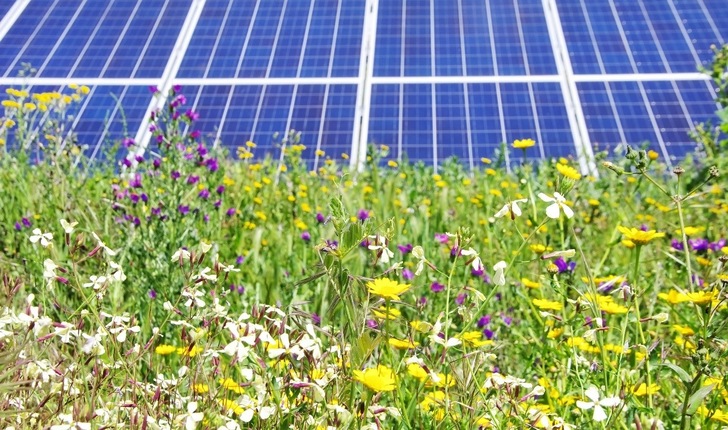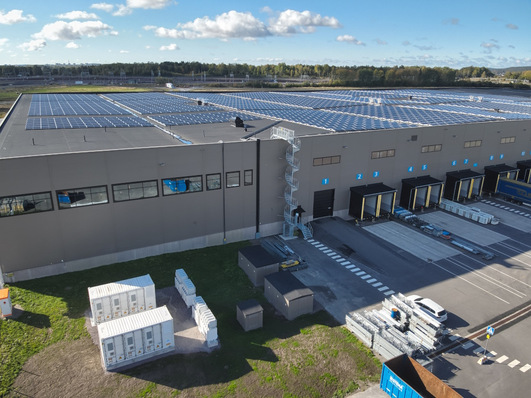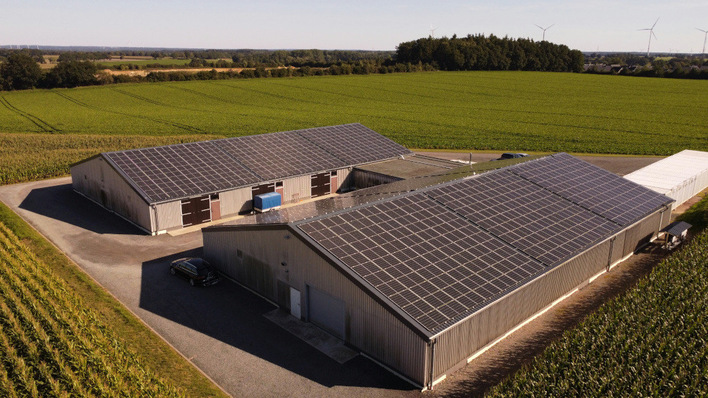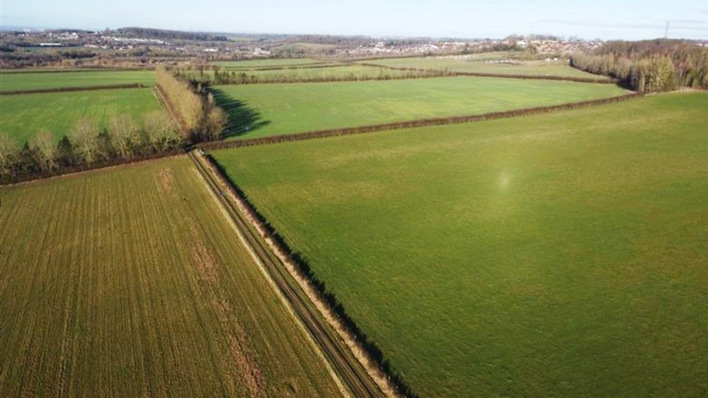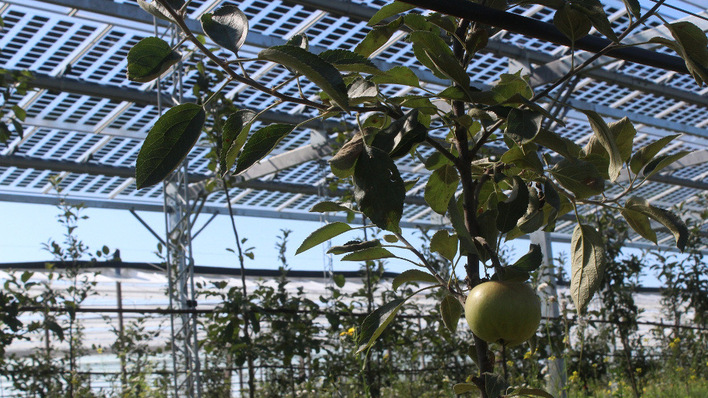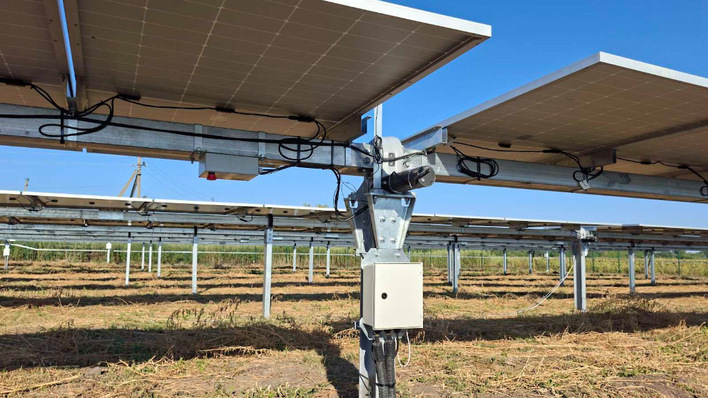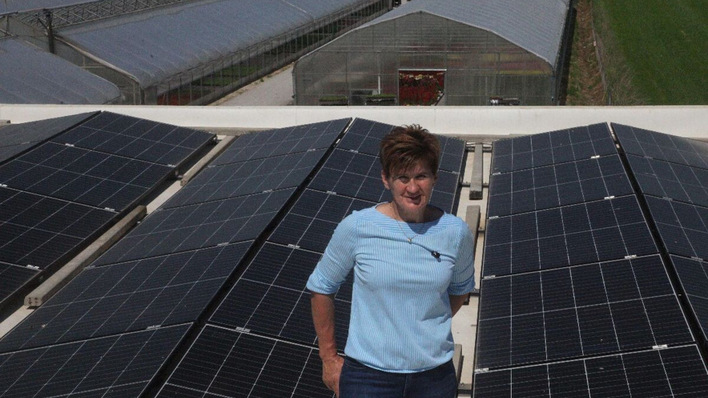The project, called "Solar Microgeneration", is based on significant improvements in the framework conditions for photovoltaics in Russia. It is the result of German-Russian cooperation and is coordinated by Kraftwerk Renewable Power Solutions GmbH from Berlin. Other partners on the German side are eclareon GmbH and the German Solar Industry Association (BSW-Solar). On the Russian side, they are the UDPO Energy Advanced Training Institute of PJSC "Kubanenergo", the National Research University MEI (Moscow Energy Institute) and the NGO Eurosolar Russia. The project is funded by the German Federal Ministry for Economic Affairs and Energy (BMWi).
"We are pleased to support distribution grid operators in their preparations for the microgeneration law and thus accelerate the decentralised energy transition in Russia," says Dr Roman Brinzanik, Director New Markets at Kraftwerk Renewable Power Solutions and co-initiator of the project. The cooperation will benefit from the "microgeneration" law passed in the Russian parliament, the Duma, at the end of 2019. The new law makes it possible for the first time in Russia to set up grid-connected PV systems with an output of up to 15 kW for self-consumption. Surplus electricity can be fed into the grid and is remunerated at the level of electricity prices traded on the electricity market.
Solar energy-friendly feed-in regulations
The project, which emerged from the ongoing German-Russian cooperation project "Enabling PV", aims to develop solar energy-friendly grid connection and feed-in regulations in cooperation with Russian energy experts and distribution grid operators and to test them in practice. At the same time, it is to be ensured that all technical requirements of the Russian distribution grid operators regarding the implementation regulations for solar plants are met.
See also: Better field irrigation with water-harvesting flower strip photovoltaics
"The Enabling PV network continues to grow and the cooperation on both sides is becoming a bit more intensive again with this successful project in the south of Russia, as we are now also dealing with the distribution grid infrastructure and are thus jointly laying an important foundation for the expansion of decentralised renewable energies in Russia," is how Christoph Urbschat, co-initiator of the project and Managing Director of the Berlin-based consulting firm eclareon, assesses the project.
PV system for training purposes
As part of the project, Kraftwerk Renewable Power Solutions donated a grid-connected 5 kWp PV system. Kraftwerk planned the system together with UDPO Energy Advanced Training Institute of PJSC "Kubanenergo", then installed it with the Krasnodar company Clever Energy LLC and handed it over to the institute for further operation. The PV system is intended for training the personnel of distribution grid operators and PV installers as well as for testing purposes. The PV modules were mounted on an outdoor structure as well as on an imitation roof to demonstrate different mounting systems. The PV installation also includes a smart meter, a monitoring system connected to the internet, as well as a weather station that allows the institute to determine the factors affecting PV yield.
Russian market is waking up
"The solar market in Russia was dormant for a long time," says David Wedepohl, Managing Director International at BSW-Solar. "The more cost-effective price development for solar power coupled with the improved framework conditions could change that. We are happy to work with you to shape these in such a way that a growing solar market with many jobs can also emerge here. It is important to involve young people, because the restructuring of the energy system is a generational task," says Wedepohl.
Another interesting article: Facilitate the energy transition and greening agriculture
Another training course for distribution grid operators will take place in Kaliningrad this year. In addition, the first lectures on the topic will be held for students at the MEI Research University before the end of the year. (mfo)


